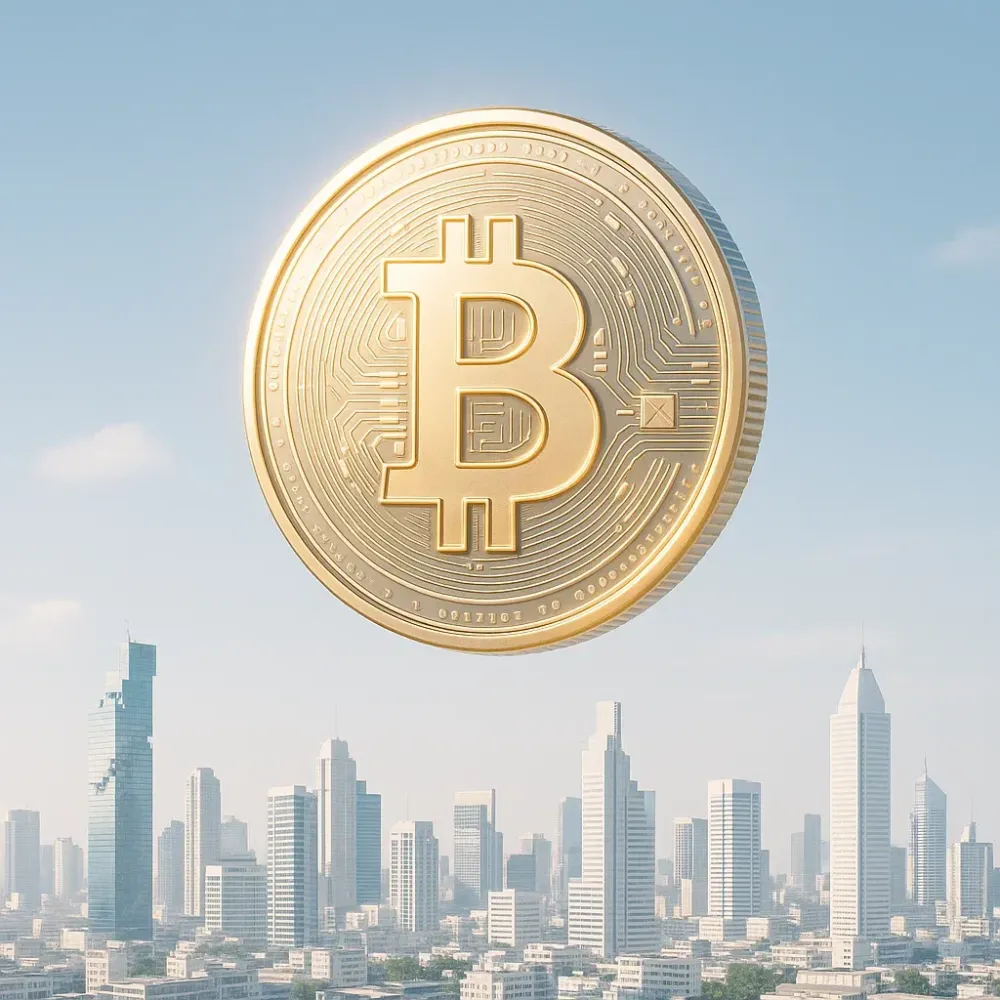Thailand Plans Baht-Backed Stablecoin to Power Digital Economy
🇹🇭💸 Thailand’s “Baht-Backed Stablecoin” Could Supercharge Its Digital Economy
From Bangkok’s PromptPay to blockchain rails: Thailand is testing a homegrown stablecoin under SEC + central bank oversight. Think programmable payments, bond tokens, and fintech innovation—all wrapped in a government-approved digital baht.
⚡ Quick Hits
- 🏦 Reg bodies in sync: SEC + Bank of Thailand (BOT) in joint talks
- 💴 Not a CBDC: Private issuers allowed, but under central oversight
- 🧪 Sandbox trials: SCB 10X, Kasikornbank (KBANK), Ascend Bit piloting programmable payments
- 🔗 Programmable perks: Retail payments, online coupons, bond token returns
- 🚀 Digital economy boost: Expands PromptPay, links TradFi + DeFi
🏛️ What’s on the Table
Thailand’s SEC is working with the BOT on whether its Programmable Payment system can anchor a Baht-Backed Stablecoin.
Unlike China’s digital yuan or Japan’s digital yen, Thailand’s version isn’t a rigid CBDC. Instead, it’s a hybrid model:
- Private entities can issue stablecoins.
- SEC + BOT keep regulatory oversight.
- Sandbox pilots test real-world use cases.
Deputy Secretary-General Jomkwan Kongsakul says the focus is integrating programmable payments into daily life while keeping consumer protection tight.
🧪 Sandbox in Action
Current pilots show how flexible programmable baht payments could be:
- SCB 10X: Ran November 2024 test with programmable retail transactions.
- Kasikornbank (KBANK): Ongoing test (Aug 2025 – Aug 2026) for programmable baht conversion.
- Ascend Bit: Testing payments and digital coupon discounts until Nov 2025.
Pre-consultations are already happening with four more firms eager to join.
🔑 Why It Matters
A regulated Baht-Backed Stablecoin could:
- Make PromptPay 2.0 — instant, programmable, and globally competitive.
- Enable bond tokens with direct stablecoin yield payouts.
- Cut transaction costs for retail + wholesale markets.
- Give Thailand a tech edge in ASEAN’s fintech race.
🌏 Bigger Picture
- Thailand → stablecoin hub? Hong Kong and Singapore are already pushing tokenization; Thailand could leapfrog with programmable payments.
- Bridging TradFi + DeFi: Programmable baht creates rails for fintech, banks, and capital markets to interact.
- Geopolitical angle: While the U.S. dollar stablecoins dominate globally, Thailand wants a sovereign-friendly alternative.
✍️ TL;DR
Thailand’s SEC and central bank are building a Baht-Backed Stablecoin, not a rigid CBDC. By letting private firms issue coins under strict oversight, they’re testing programmable payments for retail, bonds, and coupons. If successful, it could transform PromptPay, attract fintech innovation, and make Thailand a regional stablecoin pioneer.

Recent News
All Time High • Live
Have questions or want to collaborate? Reach us at: [email protected]










